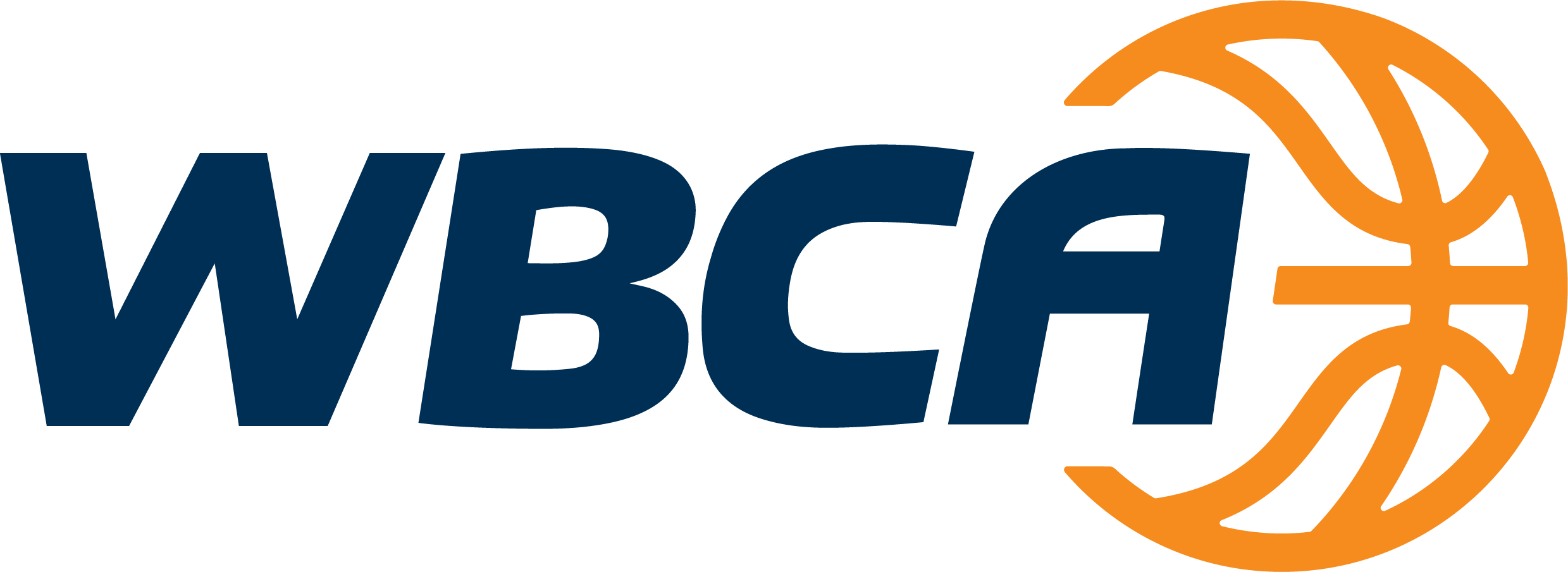By Muffet McGraw
Head Coach, University of Notre Dame
Game day has to be my least favorite day. We are 20 minutes from tipoff. I am not quite nauseous, but definitely in game-day stress mode. As I constantly replay catastrophic worst-case scenarios in my head, I glance over at my staff and see three relaxed, upbeat, positive assistant coaches eating popcorn. In my next life I want to come back as an assistant coach, I think. Then reality sets in and I wonder — not for the first time — where I would be without them.
Assistant coaches do most of the work and never get enough credit. But what makes a great assistant? I should know. I have three of the best in the country.
Be trustworthy and loyal
First is trust and loyalty. I know my assistant coaches ALWAYS have my back. I never worry about them meeting with players or talking with administrators, because we are all on the same page. Everything starts with trust. Good assistant coaches know how to handle the little problems before they become big ones. They are the fixers. They know the difference between what is important now and what can wait until later. I am fortunate to have two former head coaches on my staff. Both have a great sense of how much they can take care of. The top assistant on your staff should mentor the younger assistants.
Be an expert … in something
The second characteristic I look for in an assistant is expertise, which does not necessarily mean experience. I have had a lot of players over the years who I know will make good coaches someday. I like to hire women who compliment my skill set and my personality. I don’t want all of us to have the same philosophy or the same personality. I’m more analytical, so I need people who can see beyond the stats and are more relationship-oriented. It’s important that our players have someone on the staff to whom they can relate and talk, so having an all-female staff helps. I believe It is particularly important for male head coaches to have a female staff. I want an expert at each position; someone who played the position so they can speak and teach from their experience. Everyone can’t just think about offense. We all can’t think man-to-man is the only defense. We need to have different ideas. The last thing I want is someone who just agrees with everything I say.
From left: Notre Dame associate coach Beth Cunningham, associate head coach Niele Ivey, head coach Muffet McGraw and associate head coach Carol Owens. Photo courtesy of Notre Dame Athletics.
I like to hire people who are good at their job; then get out of their way. I’m not a micro-manager. I give my staff a lot of autonomy. We break our team up into groups of point guards, wings and posts. Each coach has a group for which they are responsible. I give them time to break down into position work and to decide the things on which they need to focus. They should have a constant list of what they need to work on as a group and individually and track improvement week to week. I want them to be good teachers on the court, as well as great role models for how hard you need to work, how you sacrifice yourself for the team, and how doing things the right way is always the best way. They must be women of high character to whom our players can look up.
Each coach does her share of scouting. She presents her scouting report at our daily staff meeting. It’s the responsibility of the rest of us to listen, ask questions, and poke holes in it if necessary. We must be sure we all understand the game plan as well as options B, C and D. That assistant then presents the report to the team. It’s important you give your assistants time to address the team, because it helps prepare them to be a head coach. We discuss what we need to work on in our daily meetings. The assistant who has the next scouting assignment is expected to offer the most input. It’s important for an assistant coach to give her opinion. However, when we leave the room we are unified as a staff. It’s OK for people to disagree and have good dialogue; it’s important that we all keep an open mind. But my decision is final and it’s important that everyone is on board.
Be a good communicator
Third is good communication. We can all be better communicators, especially me. I don’t like to talk in generalities, so if I say we need to do something I want to know right then who is going to do it. (Hint: it’s not going to be me.) I am big on listing expectations. I assign each of my assistants to be the liaison to one of the support groups of equipment, sports performance and academics. We meet weekly with our sports performance team. We also have weekly meetings with our support staff to be sure we all know what is happening that week. I like to have them close the loop. If I ask you to do something, let me know when it’s done. This is especially true with the team — they need to know well in advance about our practice times and travel itinerary (although for a million dollars I’m pretty sure none of them would know the name of our hotel until we arrive).
I give the coaches written rules about everything from office hours (very lenient) to dress code (sweats) to how to have honest conversations with a player. I give my staff expectations and also expectations for their individual players. We talk about how we will recruit — never get down in the dirt with negative recruiters; stay above it — and what our philosophy on recruits entails. When you have your end-of-year meeting with each assistant, be honest and tell them what you need, how they can improve, and what their strengths and weaknesses are.
Have a sense of urgency
Fourth is a sense of urgency. As coaches we are used to making changes during a 30-second timeout. If we really want to think it over, we wait until halftime. So when the scouting report is due, recruiting calls have to be made, or there are any issues with your support groups, let’s get them done now!
Act like you’re the head coach
Fifth would be to act like you are the head coach. This is especially important during timeouts. I need input and I need it now — what do you see, what changes do you think we should make to our personnel or to our game plan. If you have the scout, talk about what’s hurting us or how we can attack better. The worst thing you can do is stay silent and after the game give me your input. (Mine don’t but …) I absolutely hate it when assistants state the obvious without a solution. For example: “Get her out she’s killing us,” rather than, “Let’s try her and see if it looks better.” Don’t say, “The zone is awful.” Instead say, “Do you want to try man?” It’s always better, and definitely less argumentative, when you phrase your suggestions as questions, not statements.
I love when my assistants are watching a game and come back with ideas that we can incorporate into our system. I encourage them to watch other teams practice during our fall break or in the offseason; to observe WNBA or NBA teams practice and gather ideas. As an assistant coach, you won’t be setting up the offensive or defensive system for your team. However, you should keep a notebook and files on things you may want to run when you get your own program. There may be things you are already doing to which you can add a wrinkle.
Bottom line: you have one job as an assistant coach — make the head coach’s job easier.
# # #
Remember … you may not get the job you want, but you better want the job you’ve got. There are a lot of people out there just waiting to take your place.
The Champions Series features articles written for the WBCA by member coaches whose teams have won national championships.

